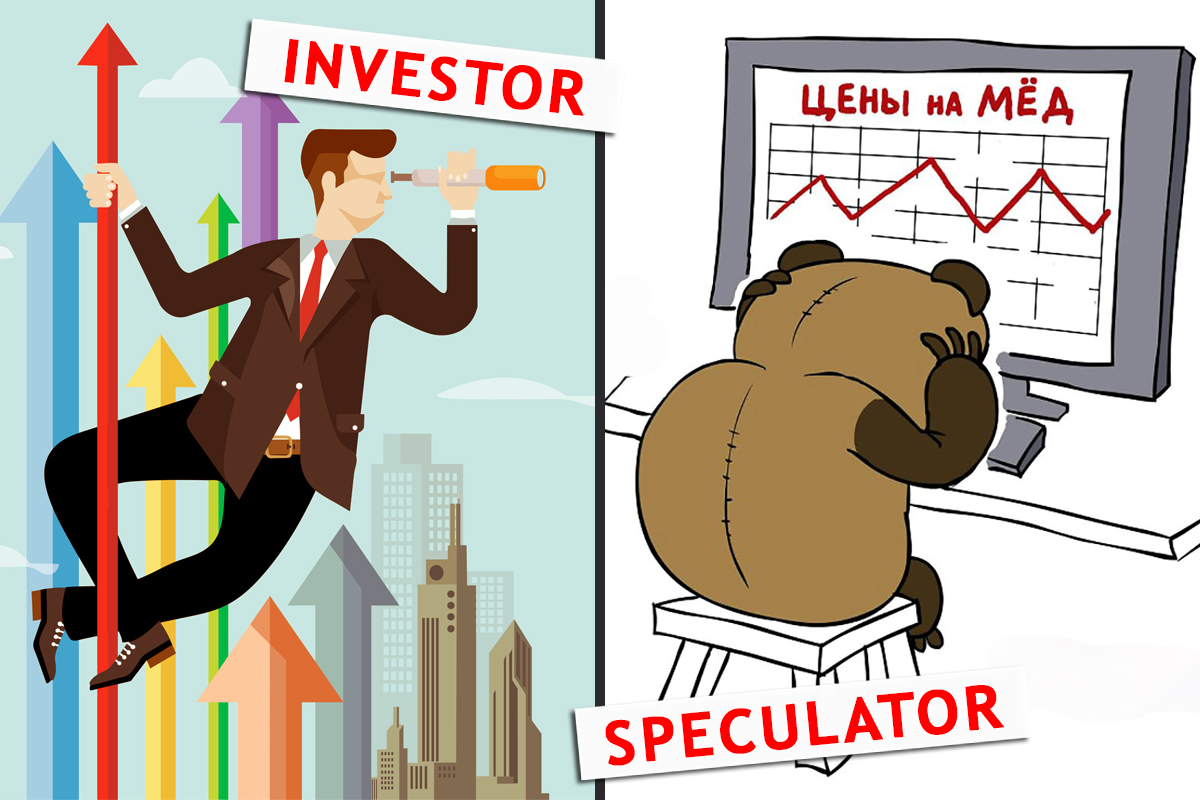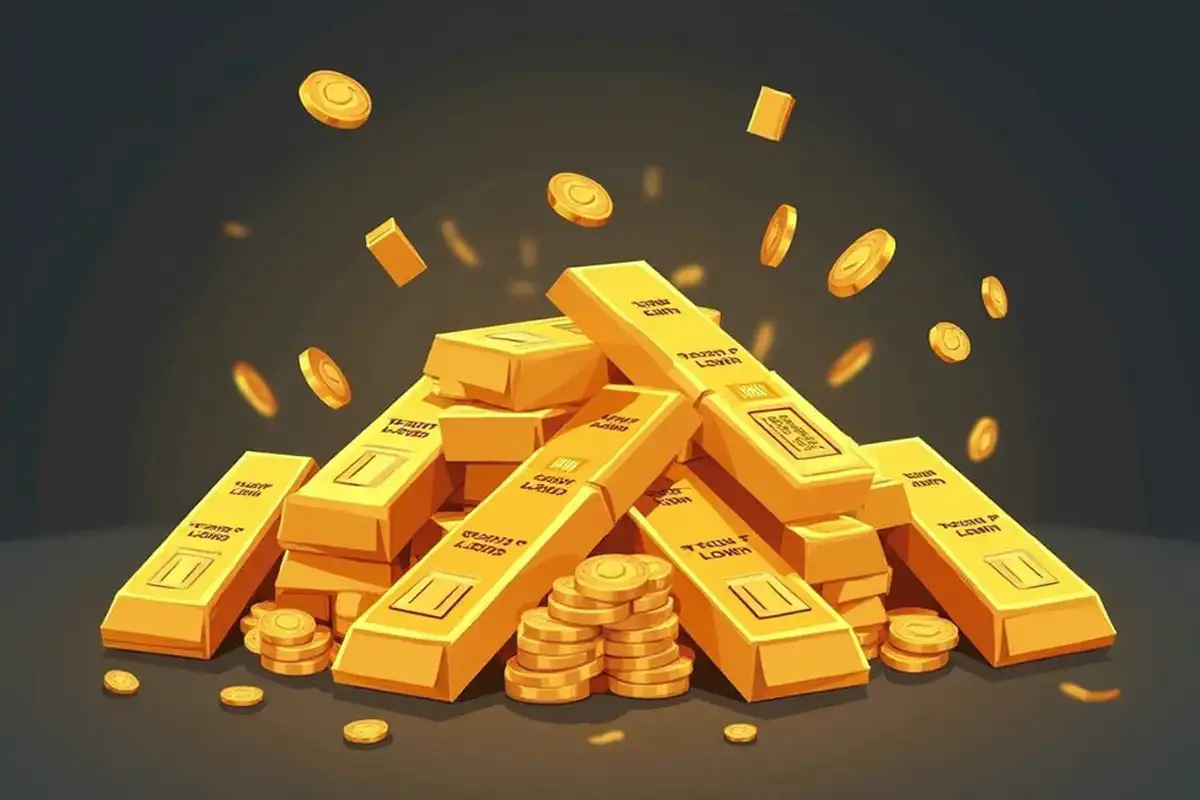In the economy, almost all processes involve investment and/or speculative transactions. What is their fundamental difference in a nutshell on a simple example.
Both (investments) and the other (speculation) are associated with obtaining a certain economic return (earnings) from investing funds.
The main difference between investment and speculation is that:
- An investment is an investment in an asset (shares, capital investments, crypt, etc.) in order to develop it and generate income in the future by increasing its value. The economic sense – invested, «promoted» the process / business and received an increase from these investments. The investment is characterized to a greater extent by the long-term nature of the transaction and carries the principle of strategic management; visions of the usefulness of this asset for the public masses in the future.
- Speculation is an investment in an asset (stocks, futures, options, etc.) in order to generate income in the near future due to its resale (market price growth, hype, etc.). Speculation is characterized by the short-term nature of the transaction and carries the principle of "bought cheaper, sold for more. The goals are not related to the development of the company where the funds are invested - today I started the funds, tomorrow I took them away (there is no business development).
Investments contribute to a decrease in inflation, and speculation, on the contrary, contributes to its growth.

Let's give a simple example.
On stock the exchange is traded by investors and speculators, making transactions for the purchase and sale of securities.
In this case, an investor, buying a security, gives money to its owner in order to invest it in the development of his business (for example, the purchase of equipment to increase the production of some innovative types of goods/services) and increase its value in the future (growth of the company's capitalization and payment of dividends on shares). With such business development, the growth of the value of the underlying asset (stock price) will be lower than the rate of inflation, which will indicate a healthy economic growth.
A speculator, buying a security, gives money to its owner in order to wait for a certain moment (based on any fundamental data, news, rumors, etc.) in order to return (sell) the paper back and just make money on it. In this case, there is no real business development, which means that a change in stock prices in a big way will only contribute to an increase in inflation.
At the same time, the speculator carries great risks, since the price can go both down and up in the short term. For profitable speculative trading, it is necessary to have a certain amount of knowledge in trading.

Thus, in stock trading, some traders provide themselves with earnings on speculative transactions, and others on investments.
For a healthy economy, investments are more interesting than speculation.
The difference between investments and speculation is in a nutshell!


































